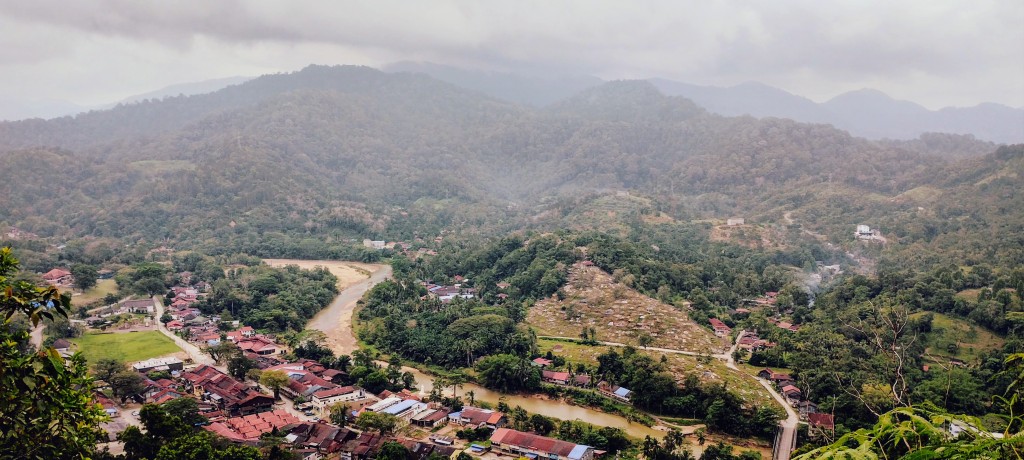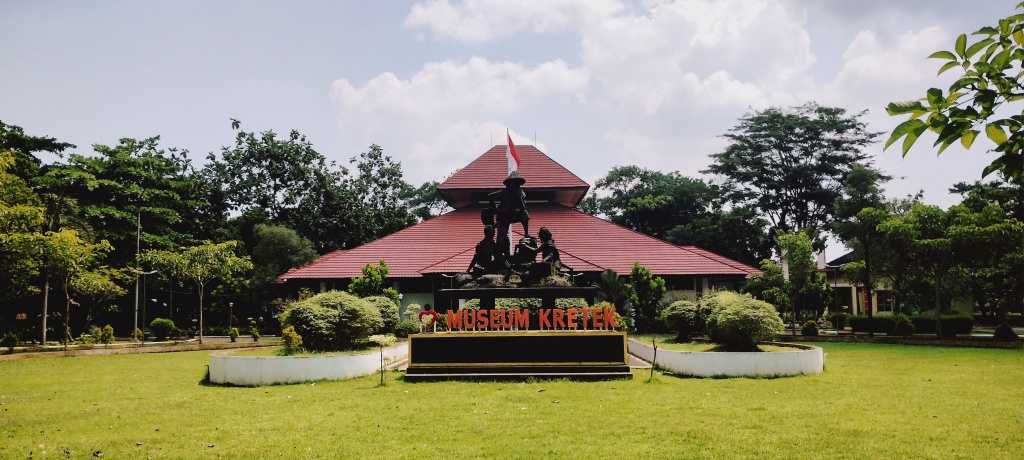Away from Ambon, on the outskirts of Maluku lies a genuine Indonesian outlier: Pulau Saparua. Blessed with but a trickle of visitors and a pace best described as ‘soporific’, here is an island a world away from everywhere else.
There are fine watersports to be had on Saparua and the snorkelling – ‘snorking’ in the pidgin vernacular – carries a low-key charm. However, tourism has yet to take off on Pulau Saparua, or, indeed, the entirety of Maluku, as evidenced by the shells of hotels and diving operations inexorably crumbling into the island.
‘There’s nothing to do here,’ complained one of the rare visitors as they disappeared back to the mainland, and that’s precisely the charm. There’s nothing to do, save for absorbing life on an Indonesian outpost. Sunbathe by Fort Duurstede, the 7th-century colonial Dutch fort. Observe the graveyards of Tuahaha. Witness the distinct fishing vessels as they head out to the Banda Sea.
Read more: A brief break for coffee in Surabaya, Java.
However, being removed from the world brings its disadvantages. Sitting on a veranda, an effervescent sunset rapidly bruising the sky, one traveller said to their colleague: ‘This is a beautiful place, but where does the waste go?’ The other deferred and pretended not to know. Just then, a movement caught their eye. A passer-by, holding two great bins, emptied their contents over the building’s edge.
The pair were shocked and observed the damage: plastic in its myriad forms and an accumulation of the day’s waste undulated on the water’s surface beneath them. Recycling is an unfamiliar concept in this corner of the globe, and how effortlessly destructive may that attitude prove to be.








Leave a comment